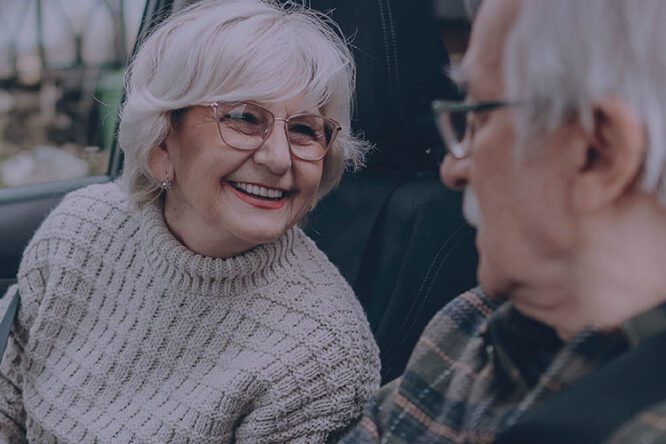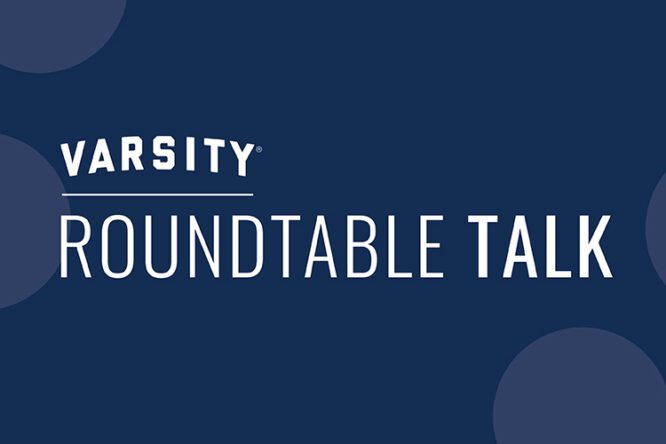Dr. Sara Zeff Geber is the nation’s foremost authority on solo aging, specializing in the unique challenges faced by older adults without traditional family support. As a gerontologist and author of Essential Retirement Planning for Solo Agers she empowers those who are aging alone to embrace independence while planning proactively for a fulfilling, secure future.
In a recent episode of Varsity’s podcast, Roundtable Talk, Sara talked about how solo agers can build social networks to provide support later in life and why senior living communities are the best option for solo agers.
Here’s a look at a few of the fresh perspectives Sara shared during her conversation with Roundtable Talk host, Derek Dunham.
WHAT IS A SOLO AGER, AND HOW DID YOU DEFINE THE TERM?
I define a solo ager as anyone who doesn’t have children, whether married or single, and anyone aging alone without family support nearby. Initially, I intended it to mean just people without children, as adult children typically care for older adults. However, with societal shifts and people moving away from family, solo aging has become more prevalent.
WHAT ARE THE MOST IMPORTANT STEPS SOLO AGERS SHOULD TAKE WHEN PLANNING FOR RETIREMENT?
It’s crucial to start early, focusing on financial planning, maintaining physical health, and building community. Eating well, staying in shape, and fostering strong relationships are essential steps. Building a supportive community early in life can pay significant dividends as we age.
WHAT DO YOU LOOK FOR IN AN IDEAL LIFE PLAN COMMUNITY?
For me—and I think for most solo agers—it’s about engagement. I value communities where residents actively participate in governance, activities, and connections with the broader community. This might include partnerships with local universities, intergenerational programs, or volunteer opportunities, such as working at food banks. These aspects provide a sense of meaning and purpose.
HOW CAN SOLO AGERS BUILD NETWORKS FOR SUPPORT WHEN THEY DON’T HAVE FAMILY?
The key is cultivating a community early and getting professional help where needed. This includes working with financial advisors, preparing advanced directives, and enlisting a power of attorney. Many solo agers face challenges when choosing proxies to represent them in legal and medical matters, but these relationships can be nurtured over time.
WHY DO YOU ADVOCATE FOR SENIOR LIVING COMMUNITIES OVER AGING IN PLACE?
The reality of aging in place is often isolating, especially for solo agers without family nearby. Senior living communities provide a built-in sense of community, structure, and support, which aging in place typically lacks. These communities can help replace the roles traditionally filled by family, ensuring residents have meaningful connections and the care they need.
HOW HAS THE LANDSCAPE OF SOLO AGING CHANGED, AND WHAT DOES THE FUTURE HOLD?
Solo aging has grown significantly, especially with the baby boomer generation. About 20% of boomers are childless, compared to 10% in previous generations. The trend will likely continue as younger generations also experience high rates of childlessness. This demographic shift means solo aging will increasingly shape how we think about and provide for aging populations.



